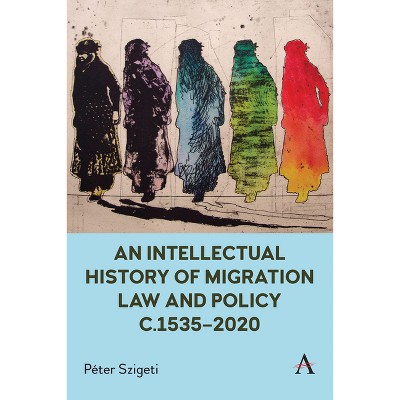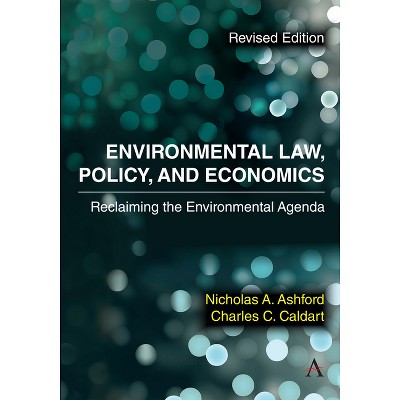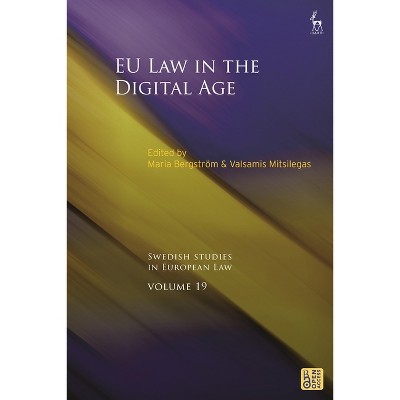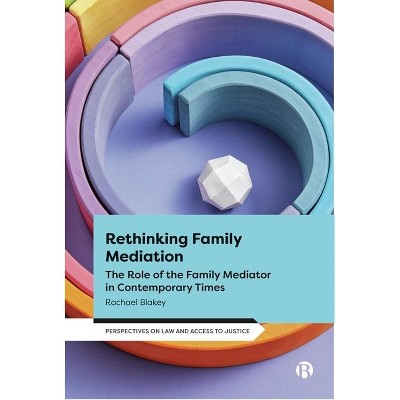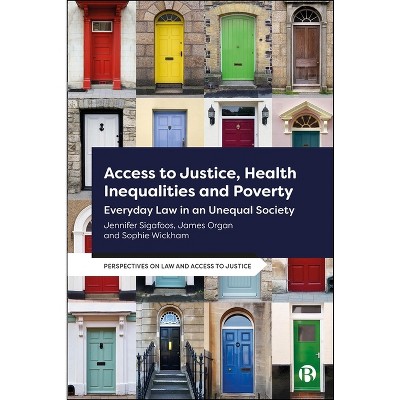Sponsored

Graphic Law and Drawn Justice - by Giuseppe Martinico & Gianpaolo Maria Ruotolo (Hardcover)
In Stock
Sponsored
About this item
Highlights
- The book explores how comics, manga, animated series and pop music influenced by comic books represent law, reflecting and shaping public perception.
- About the Author: Giuseppe Martinico is a Full Professor of Comparative Public Law at the Sant'Anna School of Advanced Studies, Pisa.
- 156 Pages
- Freedom + Security / Law Enforcement, Comparative
Description
About the Book
The book explores how comics, manga, animated series and pop music influenced by comic books represent law, reflecting and shaping public perception. It uses a comparative international law approach, including diverse scholars, and extends beyond Anglo-American culture to enrich the legal debate. This innovative collection fills a critical gap in legal and cultural studies.Book Synopsis
The book explores how comics, manga, animated series and pop music influenced by comic books represent law, reflecting and shaping public perception. It uses a comparative international law approach, including diverse scholars, and extends beyond Anglo-American culture to enrich the legal debate. This innovative collection fills a critical gap in legal and cultural studies.Review Quotes
'Graphic Law and Drawn Justice is an essential collection of scholarly works exploring the intersection of comics and law. This book reveals how the law is understood and naturalised through a popular me-dia format and demonstrates how a generally maligned medium can actually be an important player in legal and cultural issues'. - Jeffrey A. Brown, PhD, Chair and Professor, Department of Popular Culture, Bowling Green State University
'This book provides compelling evidence of the deep connections between graphic law and justice. The contributors reveal how different societies have expressed, envisioned, critiqued and debated legal, political and sociological themes through comics, cartoons and other graphic media. Martinico and Ruotolo, by taking comics seriously, demonstrate in this book why these materials are significant from both legal and educational perspectives'. - Antoni Abat i Ninet, Distinguished Researcher (Talent San-tander), Institut d'Estudis Europeus - Universitat Autònoma de Barcelona.
It presents an innovative focus on themes related to international law in Afrobeat, Hip-hop, Alternative and Classic Rock, and heavy metal, complete with a playlist. It explores new ways of trial reporting that contrast and critique sensationalist journalism. Graphic Law and Drawn Justice demonstrates the extensive reach of law, touching every aspect of life. - Liverpool Law Review
About the Author
Giuseppe Martinico is a Full Professor of Comparative Public Law at the Sant'Anna School of Advanced Studies, Pisa.
Gianpaolo Maria Ruotolo is Full Professor of International Law in the Department of Law of the University of Foggia, Italy, where he teaches international law, EU law, international trade law, private international law and international organisations law.






